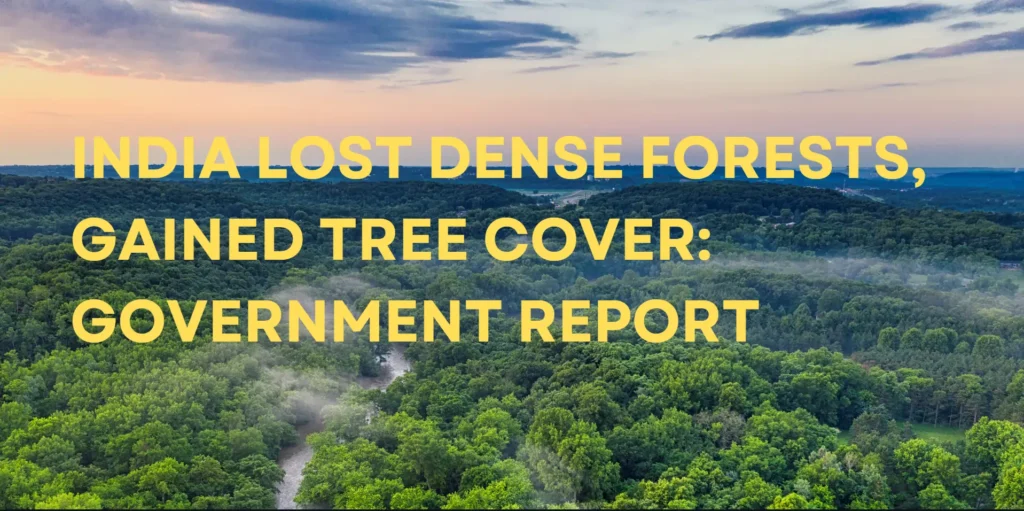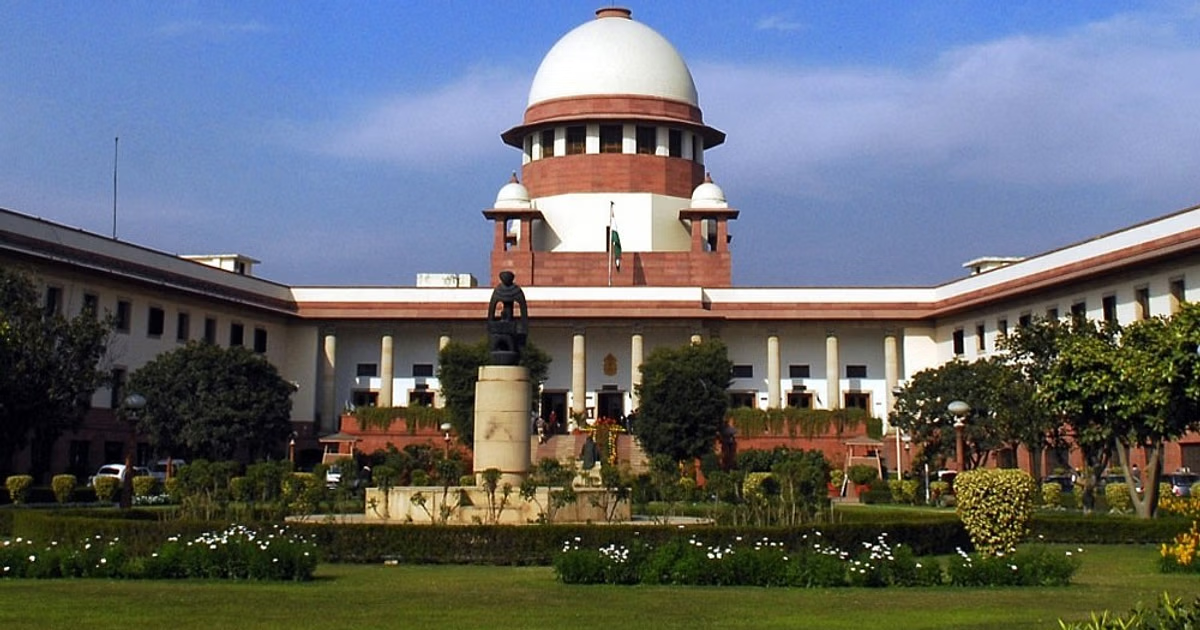New Delhi: The Supreme Court of India has issued a directive instructing the central and state governments to avoid any actions that could lead to a reduction in forest cover. This ruling reinforces India’s commitment to environmental conservation and upholds the Court’s landmark 1996 judgment in the T.N. Godavarman Thirumulpad case, which expanded the legal definition of forests beyond government records to include all areas that meet the dictionary definition of the term.
The order ensures that no development projects or policy decisions result in deforestation or degradation of natural ecosystems. It comes amid growing concerns over the impact of industrial expansion, urbanization, and infrastructure projects on India’s green cover.

The Court’s decision highlights the importance of balancing economic growth with ecological sustainability. Experts believe this ruling will strengthen forest protection laws and ensure stricter scrutiny of projects requiring land conversion. Environmentalists have welcomed the move, calling it a significant step toward preserving India’s biodiversity.
With deforestation linked to climate change and biodiversity loss, the Supreme Court’s firm stance sets a precedent for future environmental governance in the country.
